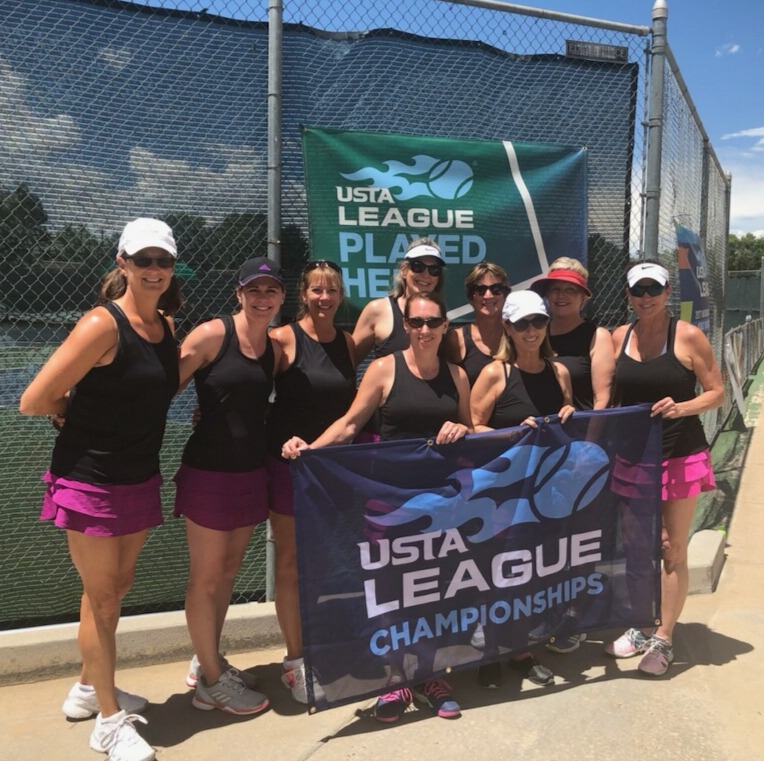Whether you’re working on developing your leadership or developing your tennis game, you’re faced with the same two competing choices: work on your weakness or work with your strength.
A couple of years ago, determined to improve my tennis game, I identified seven areas of weakness in my play. Then I outlined a plan to systematically overhaul these deficits, one at a time, starting with my serve.
I’d been working with a tennis coach and felt sure he would appreciate my strategy. I caught him in his office one afternoon and handed him a piece of paper with my improvement plan mapped out.
Bryce looked at the paper, contemplated it for a moment, and handed it back. “You could proceed this way and work on developing all these skills.” He paused. “Or, you could win with what you have.”
That was not at all what I expected him to say, and I looked at him quizzically. He went on,
“Tell me what you notice about your game, what are you good at?”
That question stumped me. I was prepared to talk about what I was NOT good at and the strategy to get better. I had given zero thought to what I did well.
He saw my hesitation and gently offered a few aspects of my singles game he’d observed – consistency, good baseline play, strong forehand. He said these were all aspects that made me a good player and on which I could build.
“What if you take it moment by moment. Notice what you do well each game. Identify your strengths. Make note of what you did in your winning points so you can build on that. Every one of us has unique aspects to our game we can further develop.”
Bryce’s advice changed my approach to my tennis game. Rather than focusing on my errors, I became aware of what skills I used that worked, like consistency in getting the ball back over the net. Sometimes just that – keeping the ball going – was enough to win. Little by little these strengths deepened, though my weaknesses didn’t change. While my serve did not get much better, my forehand sure did. Our team advanced to – and won- the Colorado state championship. “Win with what you have” proved to be a winning strategy.
How This Applies to Leadership
The leaders we work with at all levels are generally adept at noticing what they do wrong or areas where they or their teams could improve. But if we ask them to talk about what they do really well, better than others, they often struggle – or are reticent – to articulate the specifics.
While we’re in favor of facing reality and knowing the gaps in one’s leadership, we don’t suggest focusing on your filling in all your gaps. Hiring for the gaps is a better strategy. Instead, we support leaders in discovering the specifics of what they do well, so they can bring those skills to bear in the complex business of work. We call this process discovering your Zone of Brilliance, and it’s an integral part of our leadership training with individuals and teams.
Winning with what you have is a sound strategy. Global studies of business units demonstrate the ROI of developing your strengths. The research supports what we see on the ground. Recently, a leadership team Julianna works with – who has embraced the Zone of Brilliance work she’s introduced – conducted a survey in which they each rated their level of burnout. The results showed those leaders who were spending the most time in their Zone of Brilliance also experienced the lowest burnout levels. Conversely, the leaders who were spending the least amount of time in their Zone of Brilliance showed the highest level of burnout. The team’s discovery quantified something Julianna and I experience ourselves in our Crafted Leadership work. Working within our strengths is a renewable fuel.
Are you winning with what you have?
If you’re interested in this topic and would like to know more, contact us at julianna@craftedleadership.com or nancy@craftedleadership.com. We’d love to talk with you!


